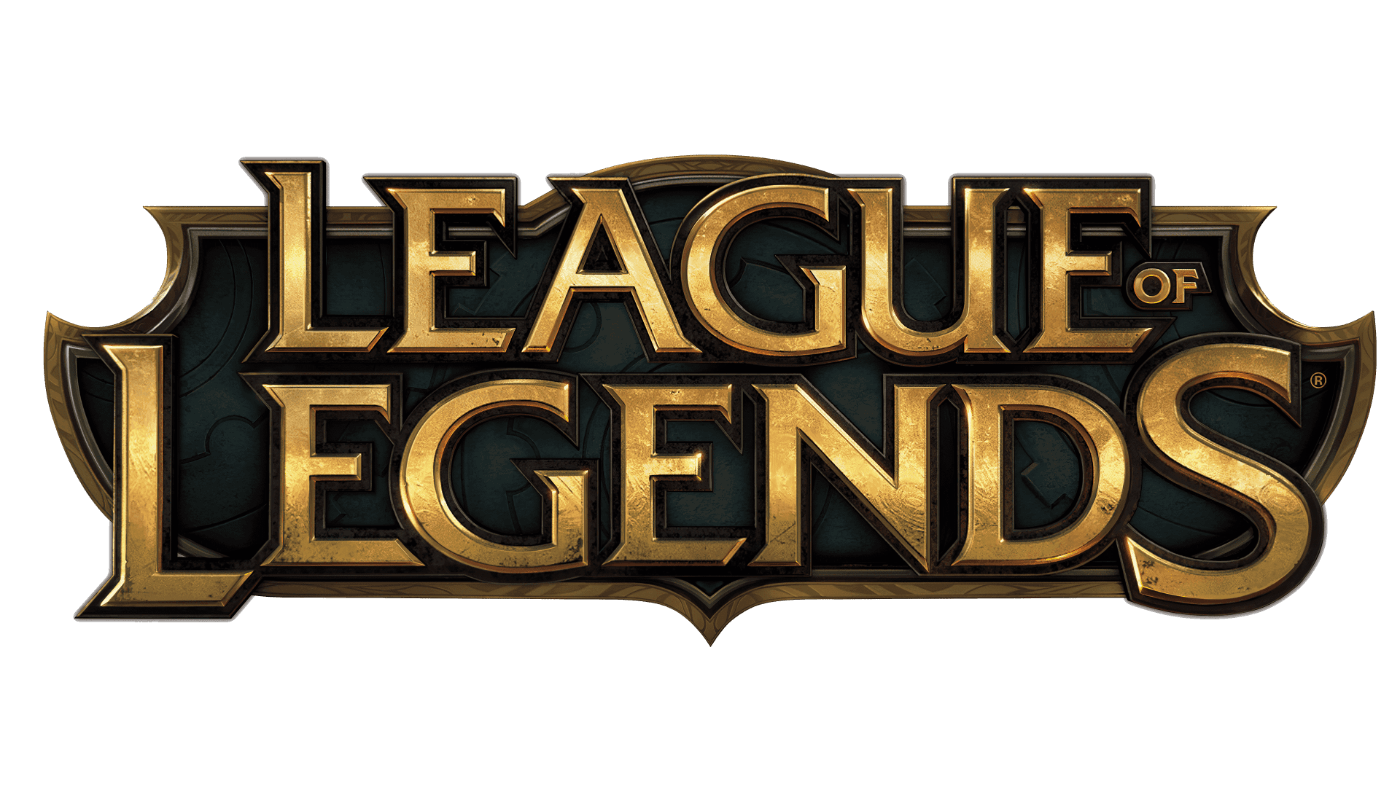Audio Presented by

Journalist with more than 14 years of experience, a writer. My main passion is PR and everything related to it.
About Author
Journalist with more than 14 years of experience, a writer. My main passion is PR and everything related to it.
